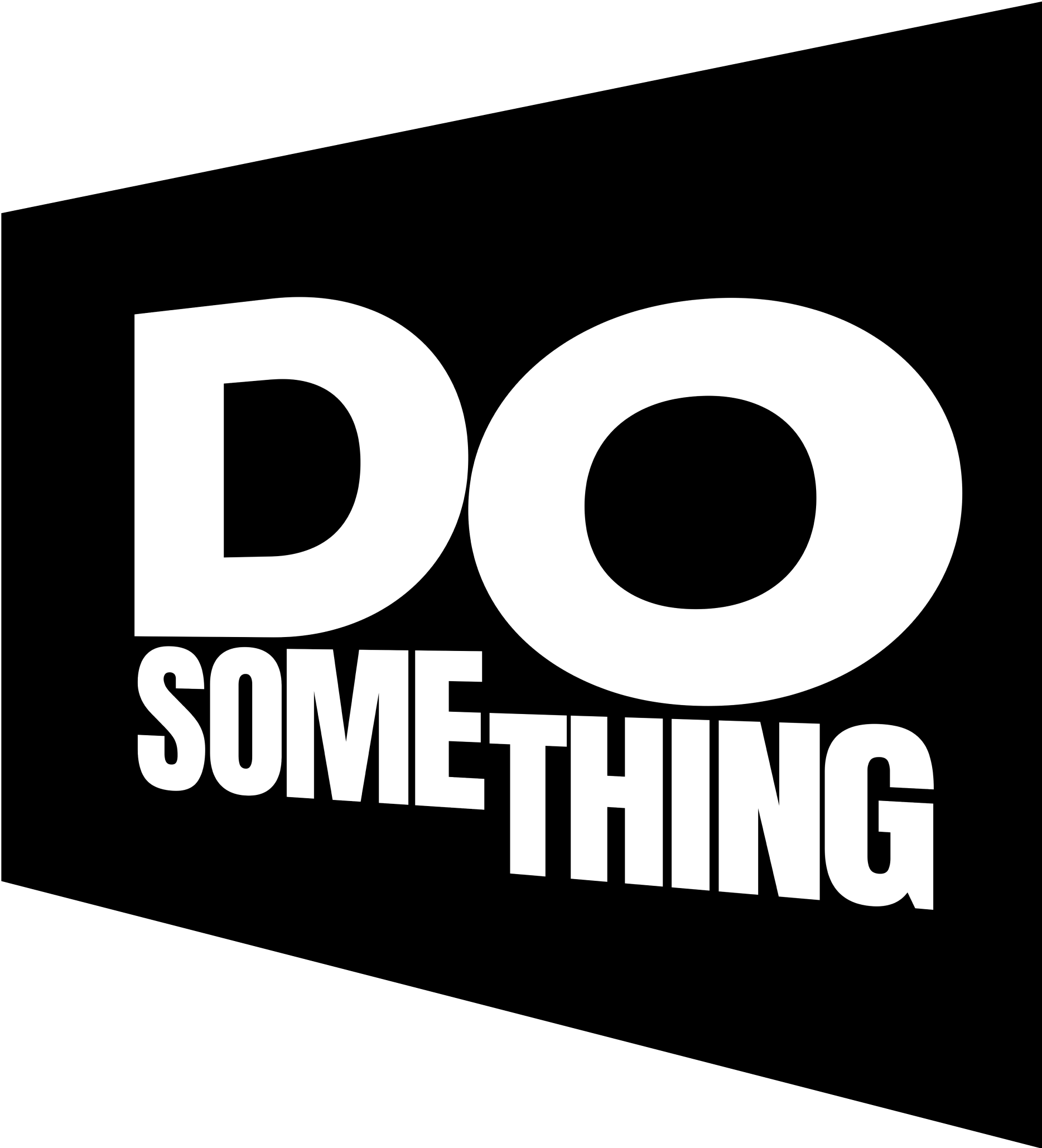DoSomething Banned Books List: Native American Heritage
Eight banned books by Native American and Indigenous authors for you to add to your reading list today!

In honor of Native American Heritage Month we want to celebrate the narratives and stories written by Native American and Indigenous authors, who look to preserve their histories in compelling storytelling. In collaboration with IllumiNative, we curated a banned book list that is sure to enlighten and help you explore the culture of Native American and Indigenous backgrounds.
With the recent book bans occurring throughout the nation we are seeing more and more stories of history and minority narratives being silenced. For Native American and Indigenous authors, the preservation of their culture, language, and religion continues to become more challenging. According to Words Rated “837 Native American authors represent only 0.49% of all authors registered in the US as of 2020”, that’s a tiny population of writers working to make their stories heard.
In schools, curriculum continues to be altered to favor white-centric point of views. Research shows that most non-Native people do not fully understand the true histories of Native Americans and nations, and yet are open to learning more.
By continuing to uplift banned books and sharing these works with your friends, you’ll be supporting the voices of underrepresented authors, and that’s something to brag about!
KEEP BOOKS UNCENSORED
Check out these cool works and discover something new about Native American and Indigenous culture. Then be sure to share your reflections with us through our Uncensored action (you’ll even enter to earn a $500 scholarship)!
UNCENSORED
Native American Heritage Month Banned Books List
Banned books written by Native American and Indigenous authors
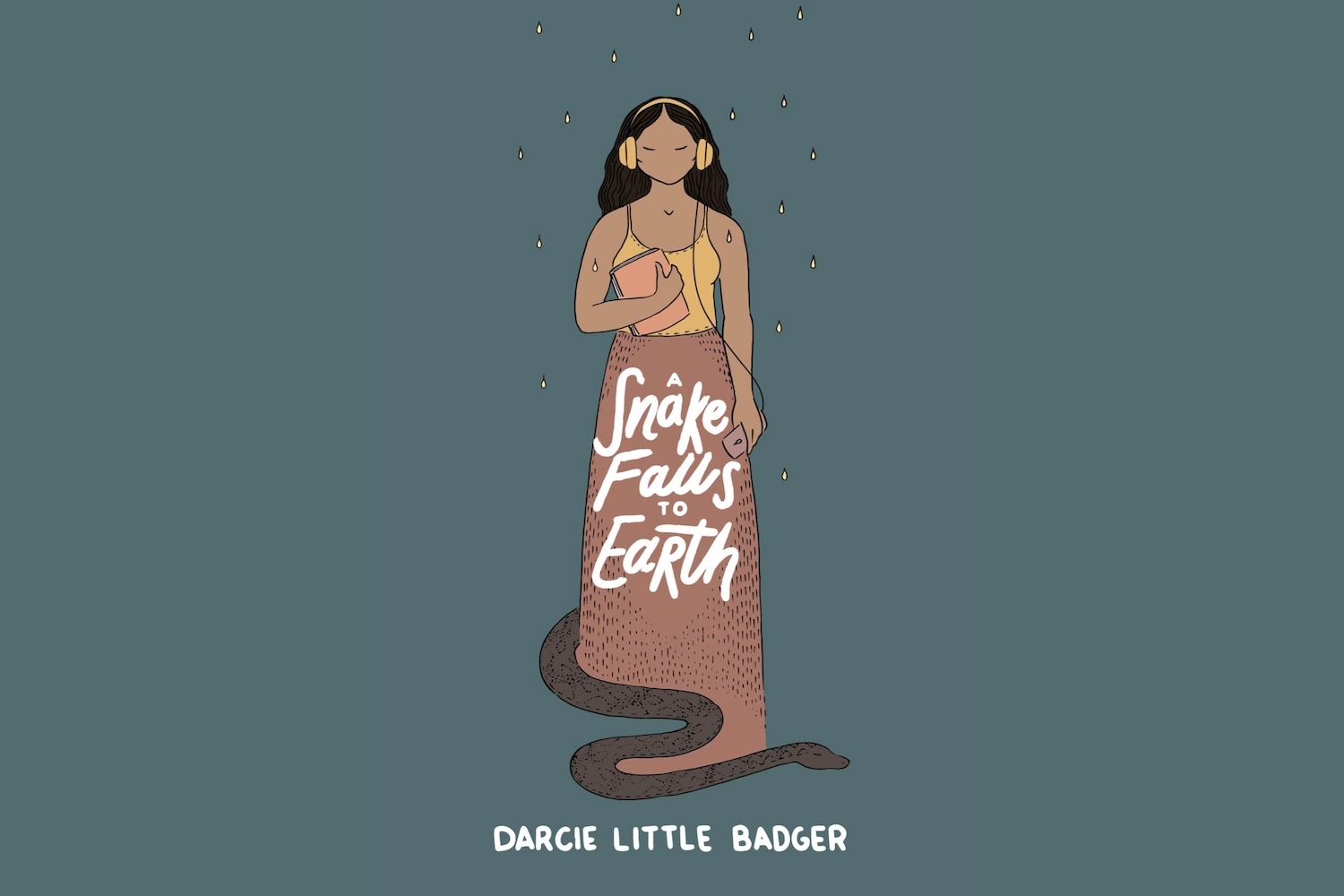
A Snake Falls to Earth (2021) by Darcie Little Badger (Lipan Apache)
A breathtaking work of Indigenous Futurism and fantasy, A Snake Falls to Earth combines tradition and technology. The novel follows Nina and a snake named Oli who are brought together as the land of spirits and the land of monsters come in contact with each other. Despite taking place in a fantasy setting, Little Badger tackles real world challenges with this novel.
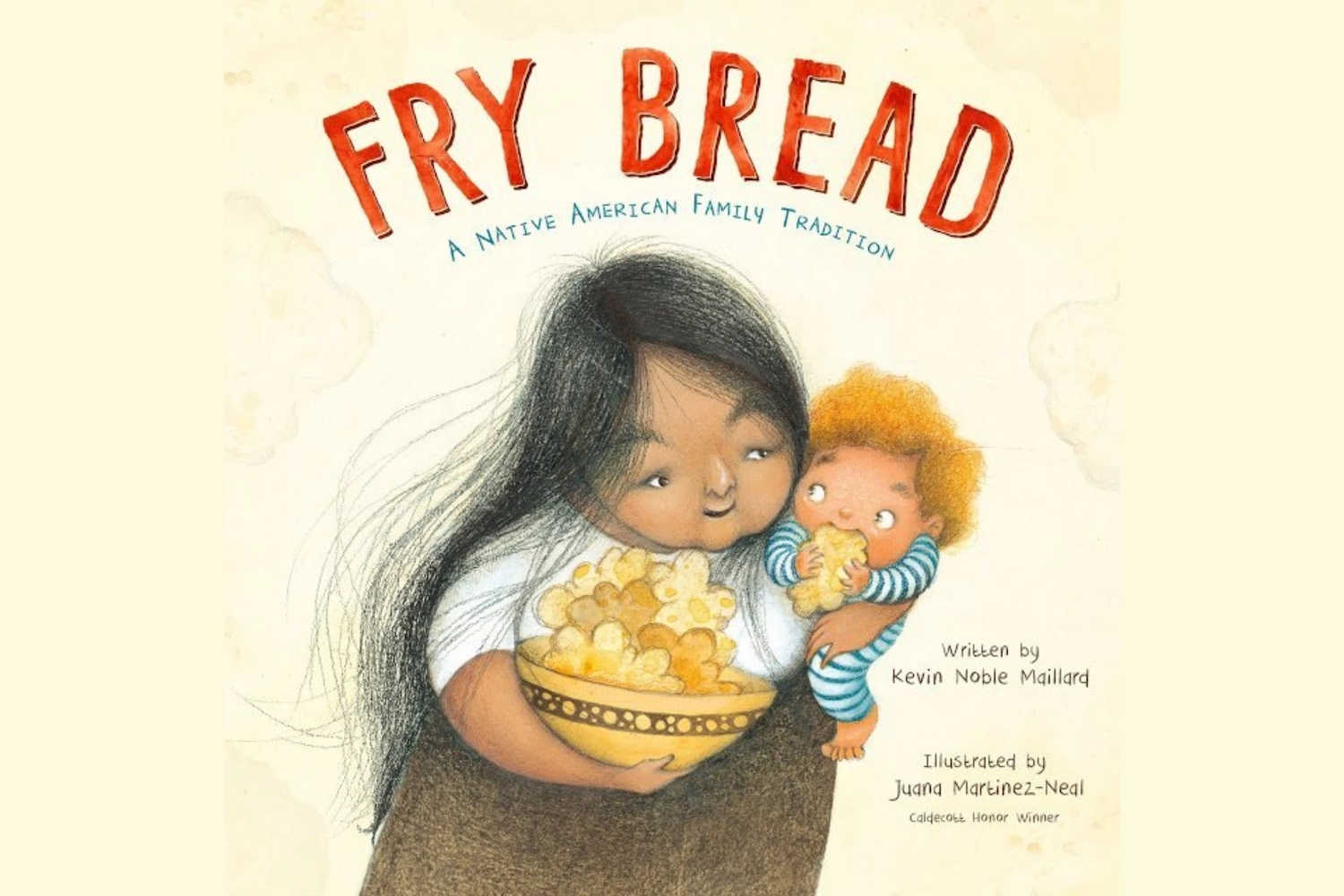
Fry Bread (2019) by Kevin Noble Maillard (Seminole)
Through vibrant illustrations and poetic text, this book explores the diverse and rich cultural significance of fry bread in Native American communities across the United States. In 2022 this book was challenged in Northampton, PA as part of a donation of diverse books by The Conscious Kid – a non-profit organization focused on equity and promoting healthy racial identity development.
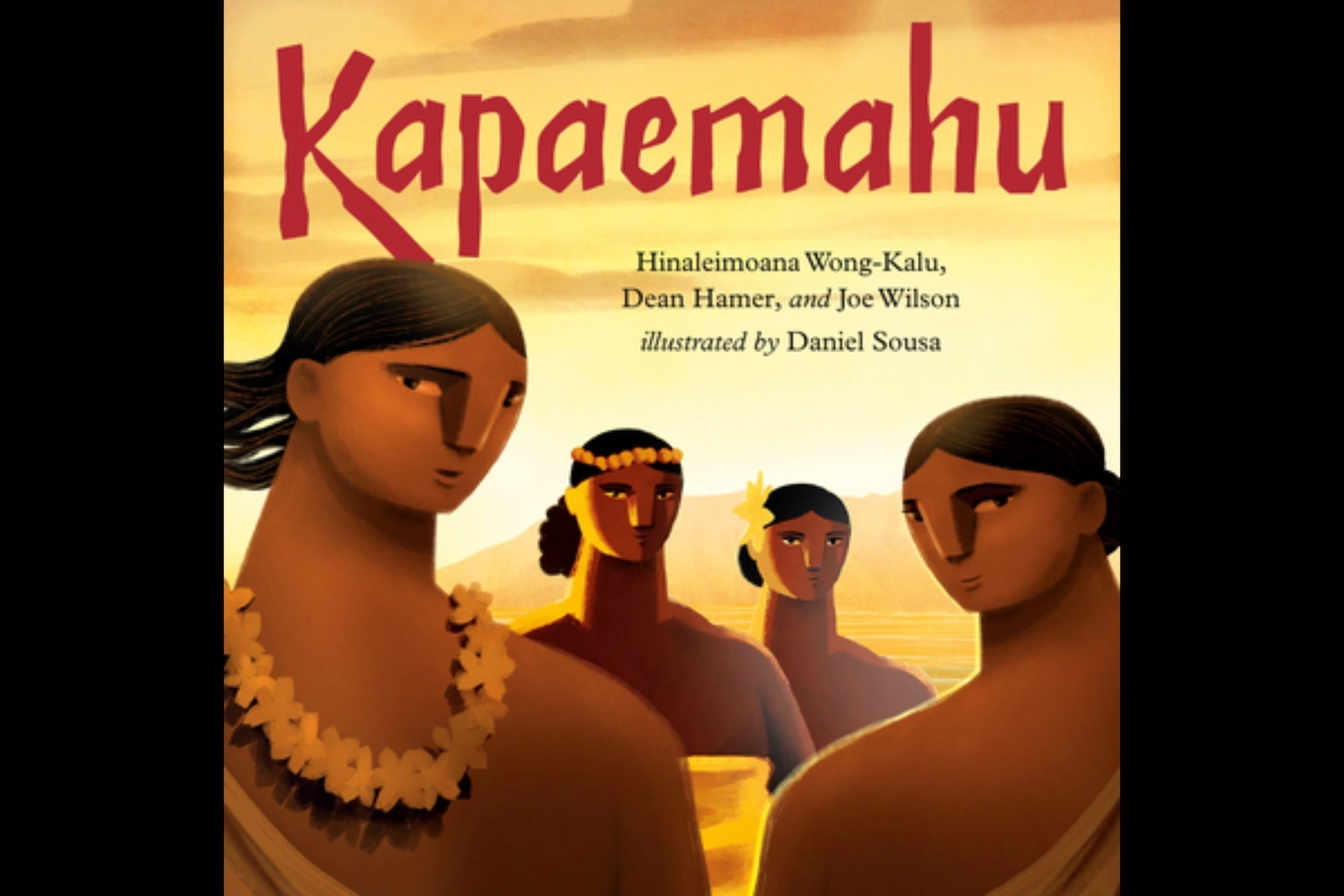
Kapaemahu (2022) by Hinaleimoana Wong-Kalu (Kanaka Maoli), Dean Hamer, and Joe Wilson
Kapaemahu tells the mo‘olelo (story) of the māhū, individuals of dual male and female spirit, who sailed from Tahiti to Hawai‘i, and the four boulders they imbued with sacred healing powers that reside in Waikīkī today. This beautifully illustrated picture book is perfect for families to read together while affording parents the opportunity to share an important Indigenous Hawaiian story with a queer and non-binary focus.
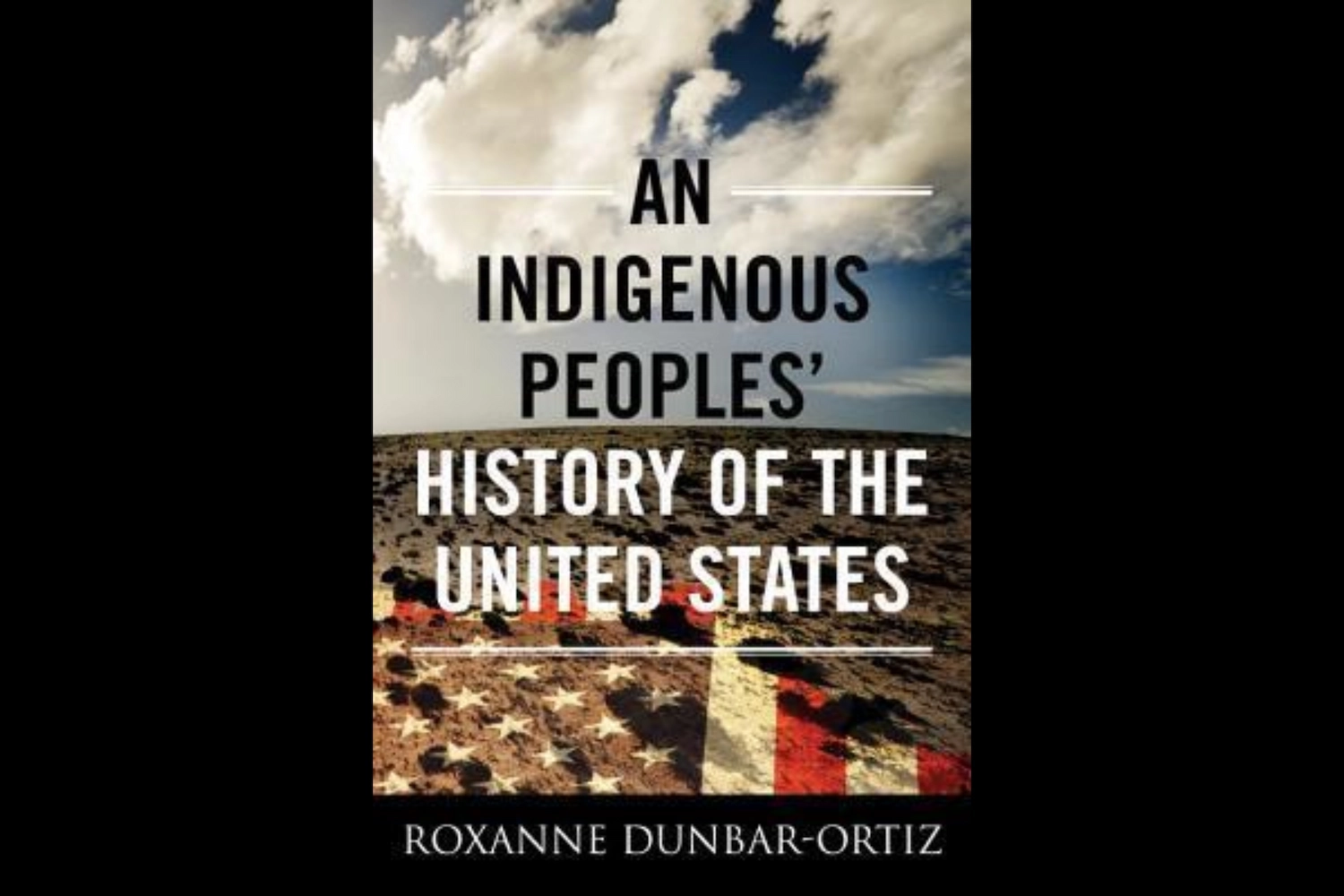
An Indigenous Peoples' History of the United States (2014) by Roxanne Dunbar-Ortiz
Discover the hidden history of the United States through the eyes of Indigenous peoples in An Indigenous Peoples' History of the United States. This book sheds light on centuries of brutalities that displaced and eliminated the original inhabitants while also showing the resistance of Indigenous folks in the face of that tragedy. As calls for Indigenous Peoples' Day and protests like Standing Rock gain momentum, this essential resource provides a fresh perspective on American history and its impact on our present.
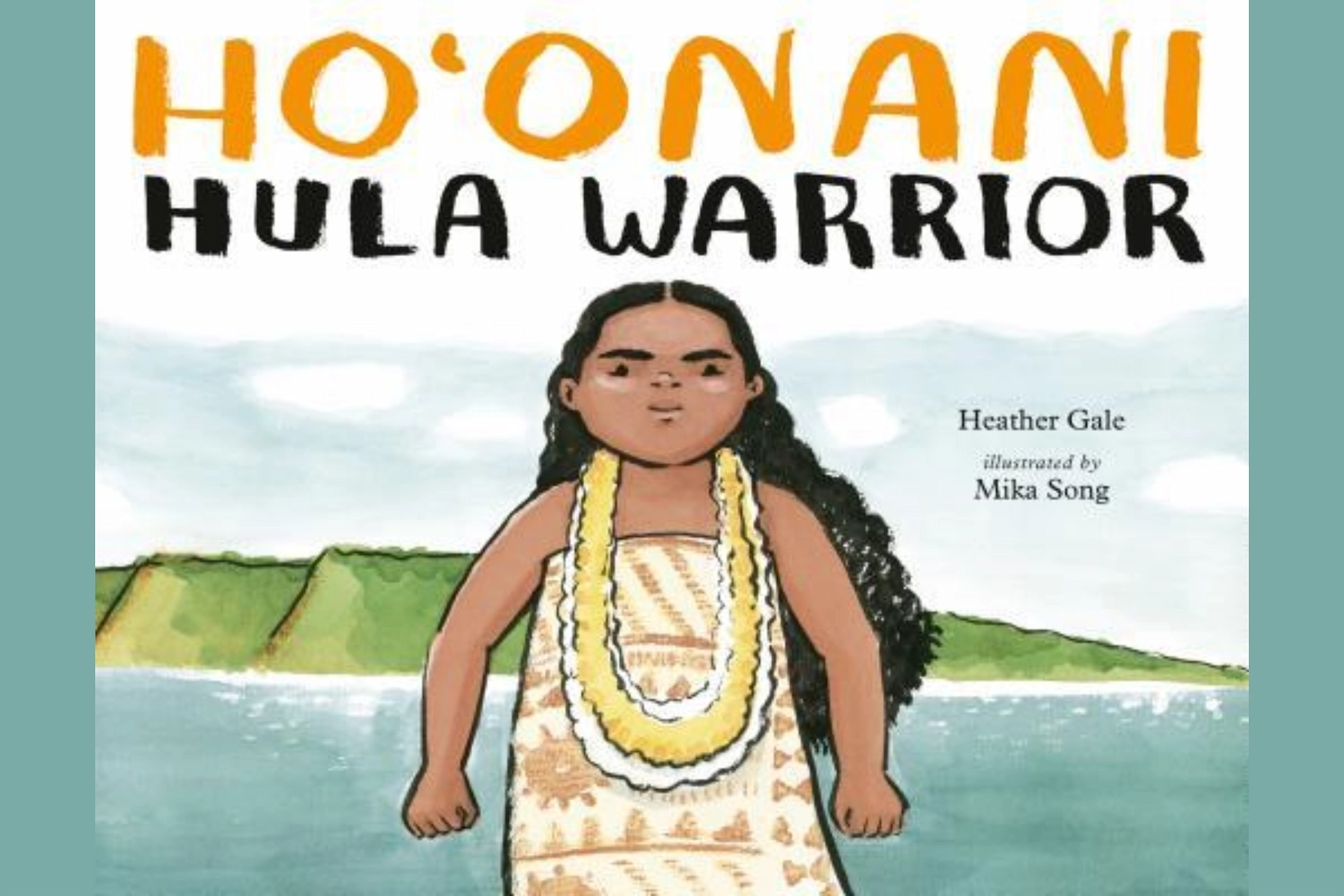
Ho’onani Hulu Warrior (2022) by Heather Gale
An empowering celebration of identity, acceptance and Hawaiian culture based on the true story of a young girl in Hawaiʻi exploring her identity who dreams of leading the boys-only hula troupe at her school. This book was challenged in St. Augustine, Florida for being a ‘controversial topic’ centering around gender identity.
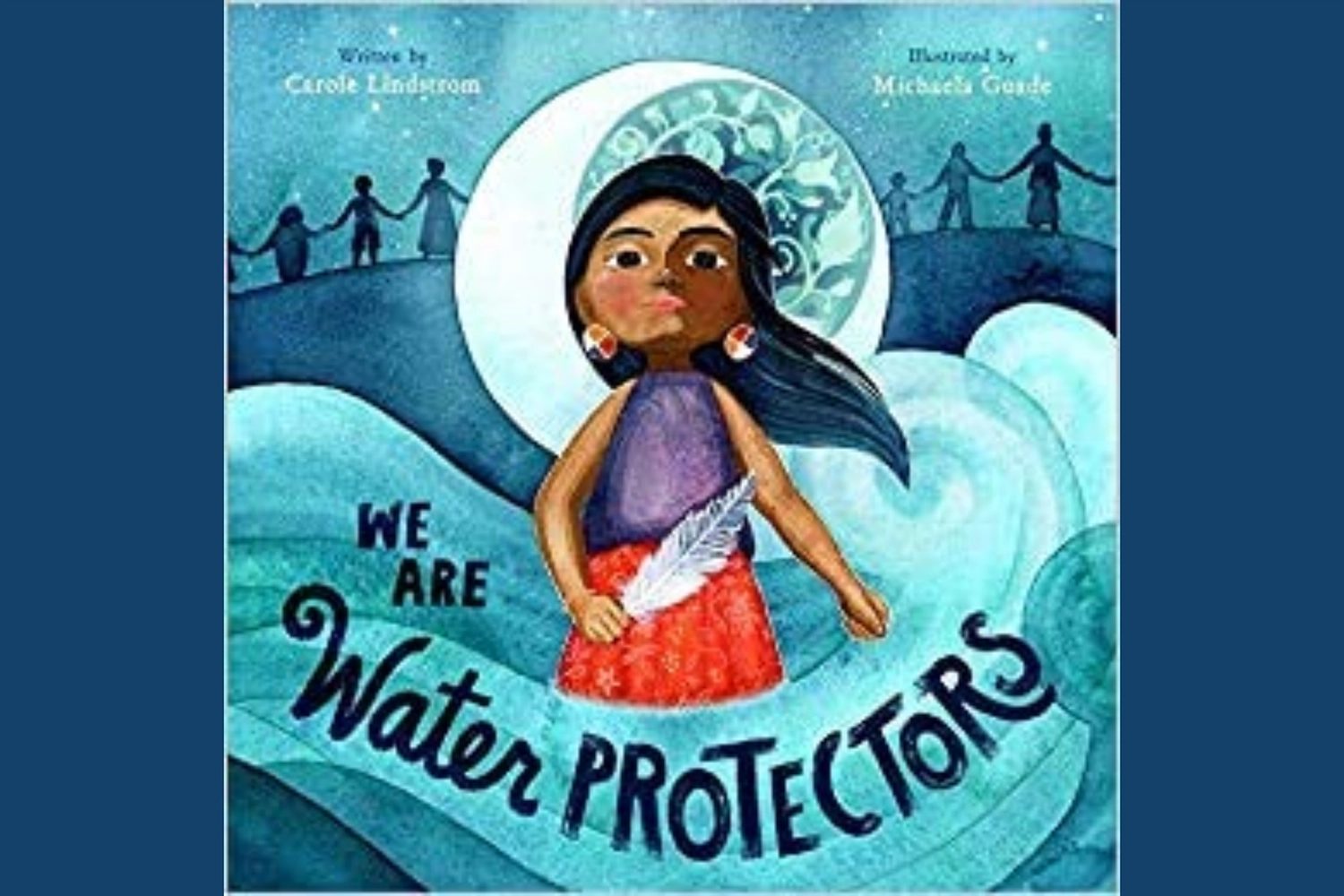
Drawing inspiration from various Indigenous-led initiatives across North America, "We Are Water Protectors" serves as a compelling and urgent call to protect the Earth's water from harm and exploitation. The book has been criticized for being "divisive," "racist," and "socialist”.
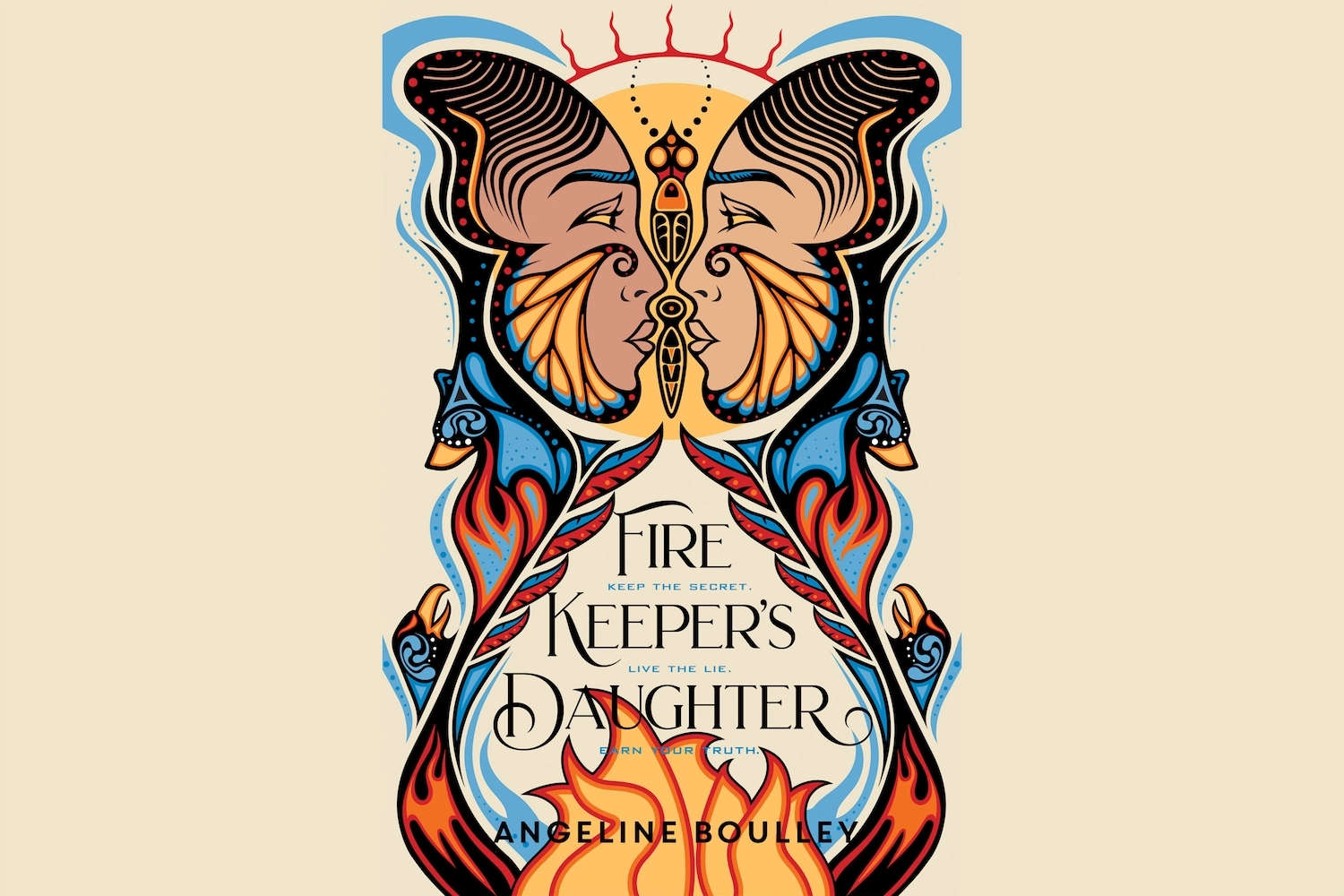
Firekeeper’s Daughter (2021) by Angeline Boulley (Ojibwe)
A New York Times and IndieBound best seller, this novel follows a young indigenous woman as she becomes involved in a bizarre FBI investigation around her friend’s death and a new drug. These actions were criticized for hindering access to indigenous authors - it has been noted to contain a portrayal of complex issues which may have led to these reviews within school districts.
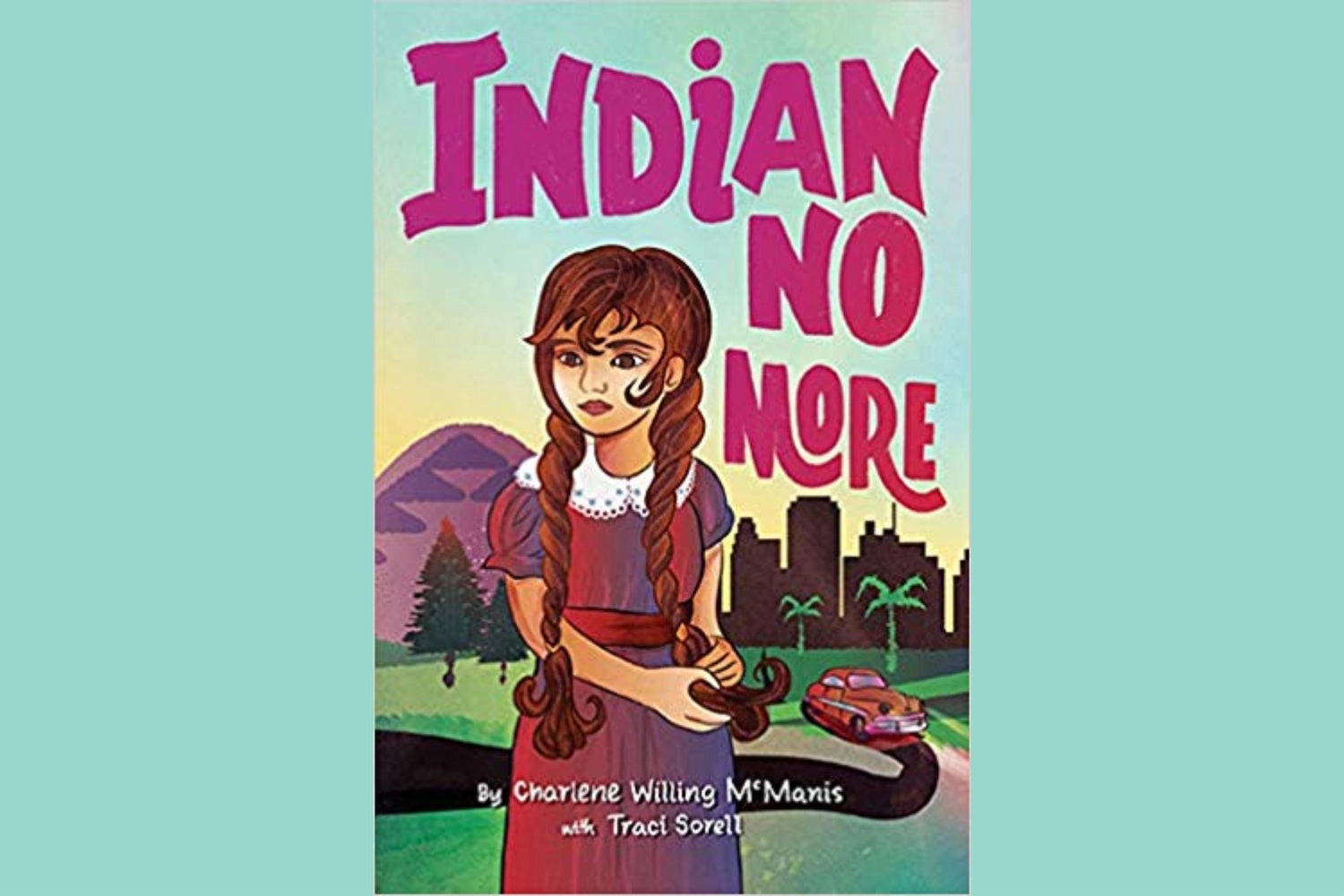
Indian No More (2019) by Charlene Willing McManus (Umpqua) with Traci Sorell (Cherokee)
Indian No More is a novel set in the 1950s about an Umpqua family who are moved from their home on the Grand Ronde Indian Reservation in Oregon to Los Angeles, as directed by the U.S. Bureau of Indian Affairs. In 2021, this book was challenged and frozen for review in York, Pennsylvania where some parents feared the books would make white children feel guilty about their race or indoctrinate them.
GET INVOLVED
Make a difference in your community and add your vision to the future of our democracy
